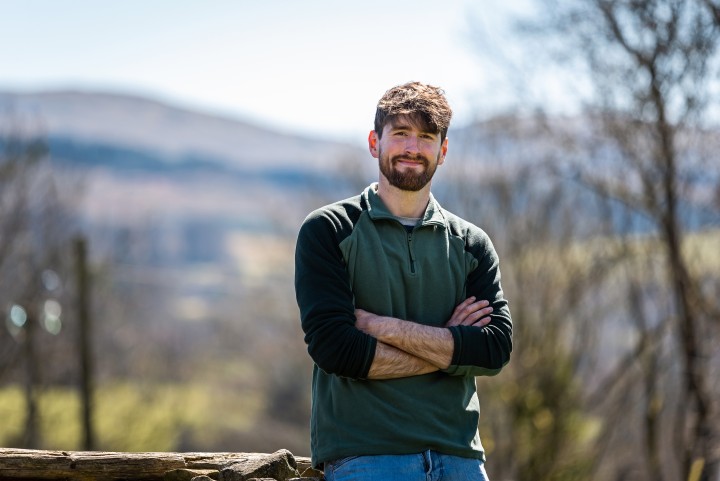NFFN Cymru has responded to the Welsh Government's updates to the Sustainable Farming Scheme (SFS), including revisions to a contentious tree-planting target. We believe the changes have the potential to benefit both nature and agriculture, provided sufficient funding is allocated to support ambitious action across Wales.
NFFN Cymru has given a cautious welcome to the Welsh Government’s updates to the Sustainable Farming Scheme (SFS). We are broadly supportive of the changes announced by Deputy First Minister Huw Irranca-Davies on Monday (25 November)
However, the Welsh Government now urgently needs to increase its spending on rural affairs and farming, with greater investment essential to meeting environmental and climate obligations and to ensuring the SFS effectively supports both nature and agriculture.
We are cautiously supportive of the changes to the most contentious part of the SFS. The previous requirement for farms to maintain at least 10% tree cover has been replaced with a more flexible approach, requiring farms to plan for tree planting and hedgerow creation alongside a commitment to implement it. Individual farm targets will now be replaced with a scheme-wide one.



